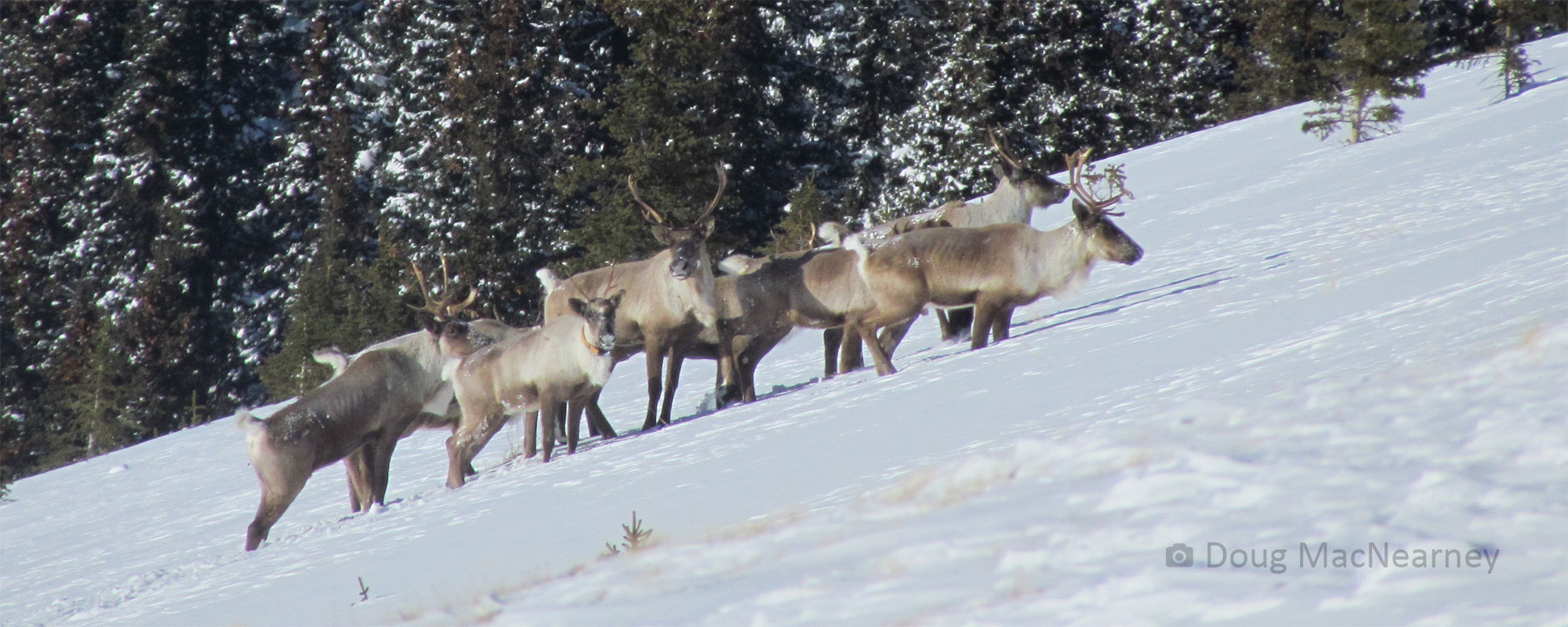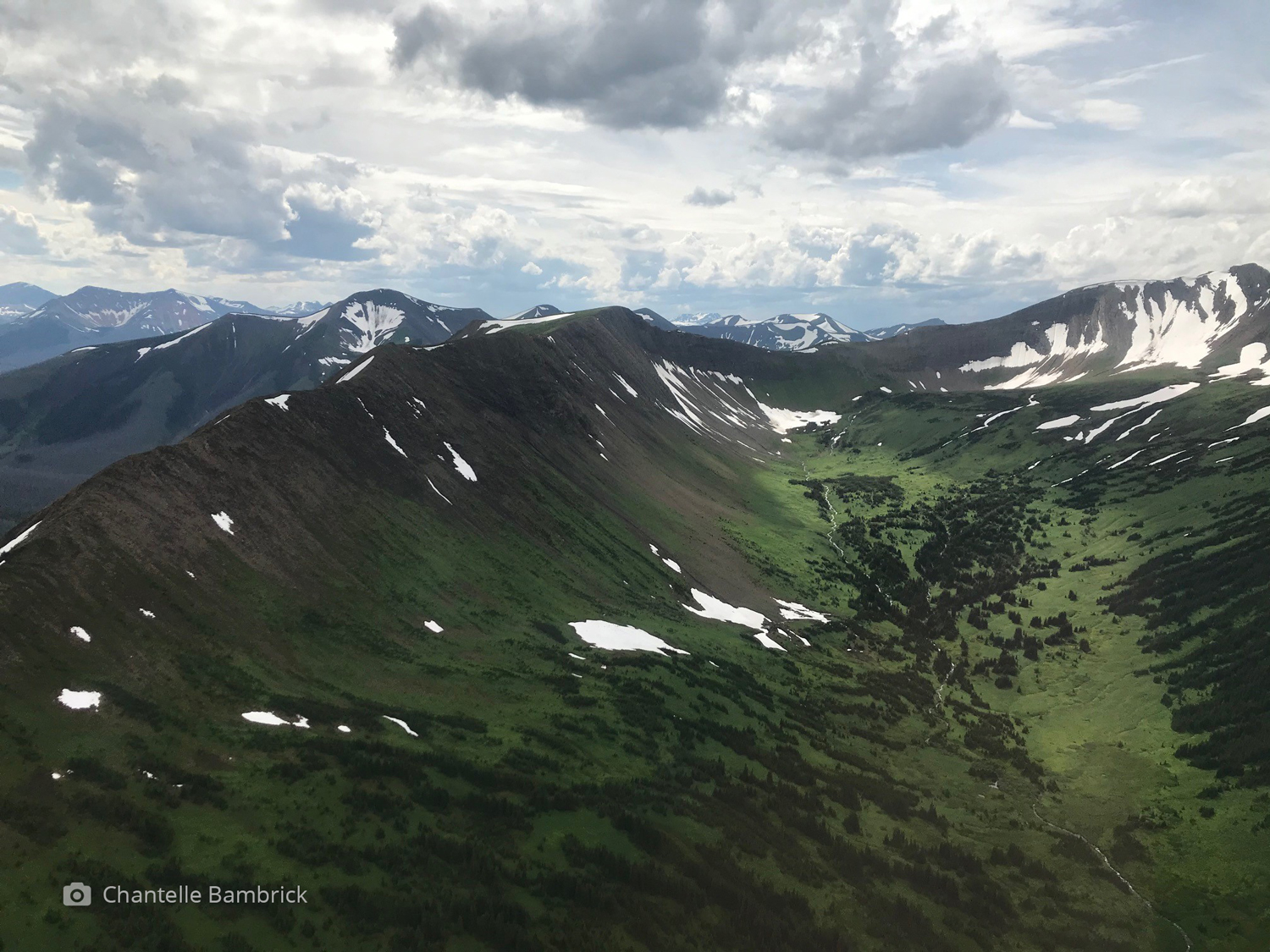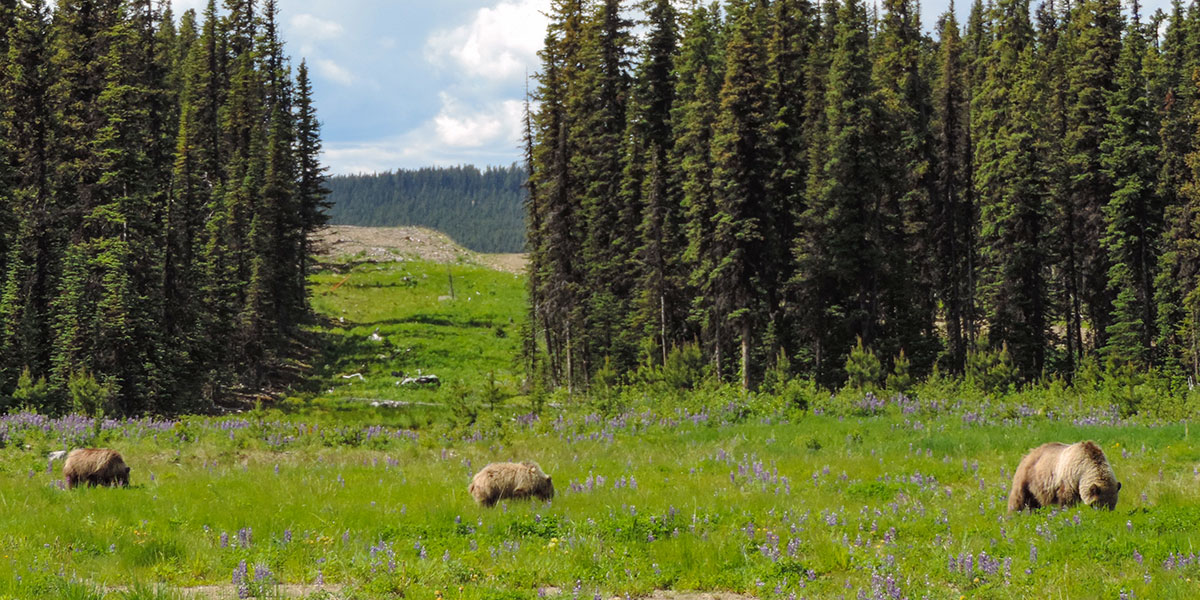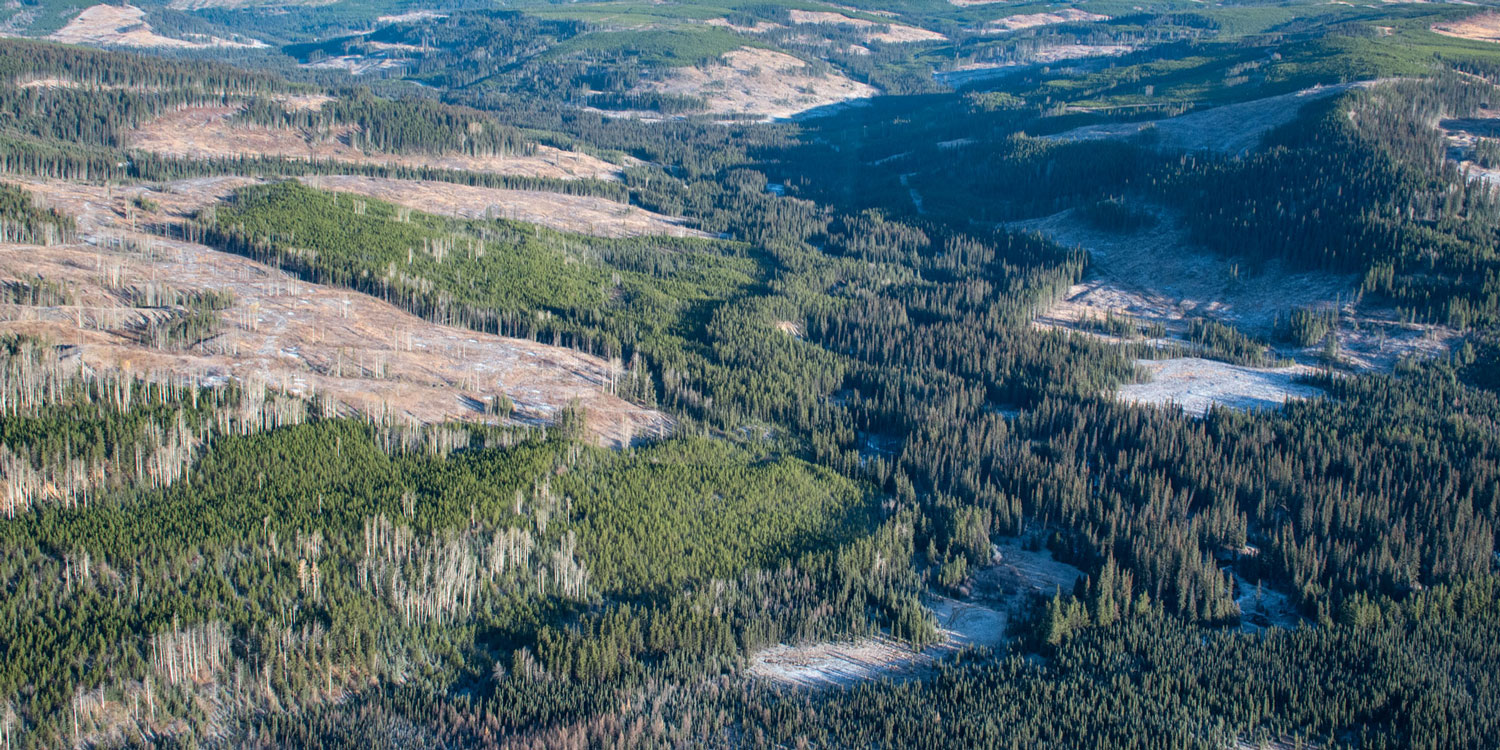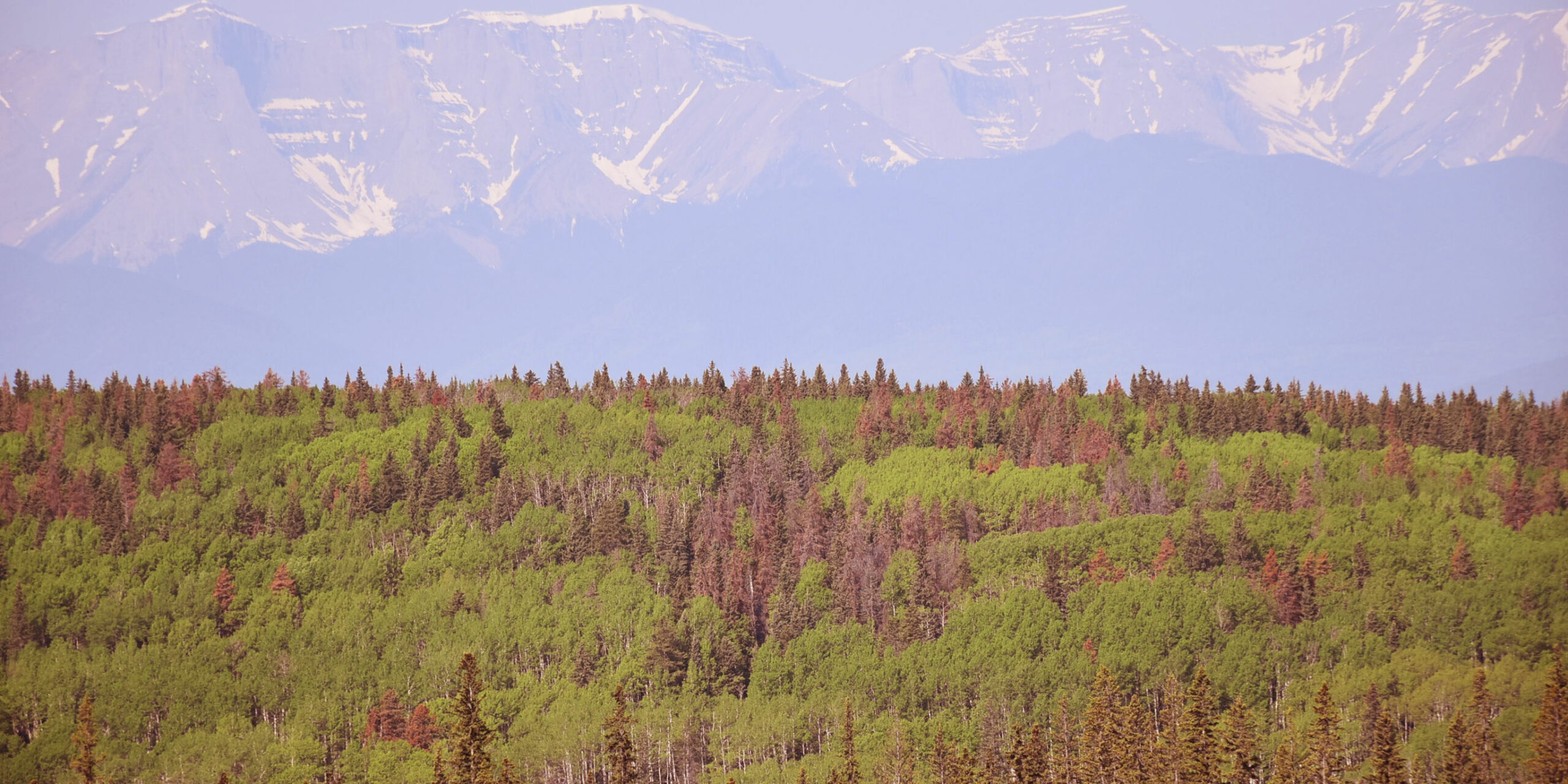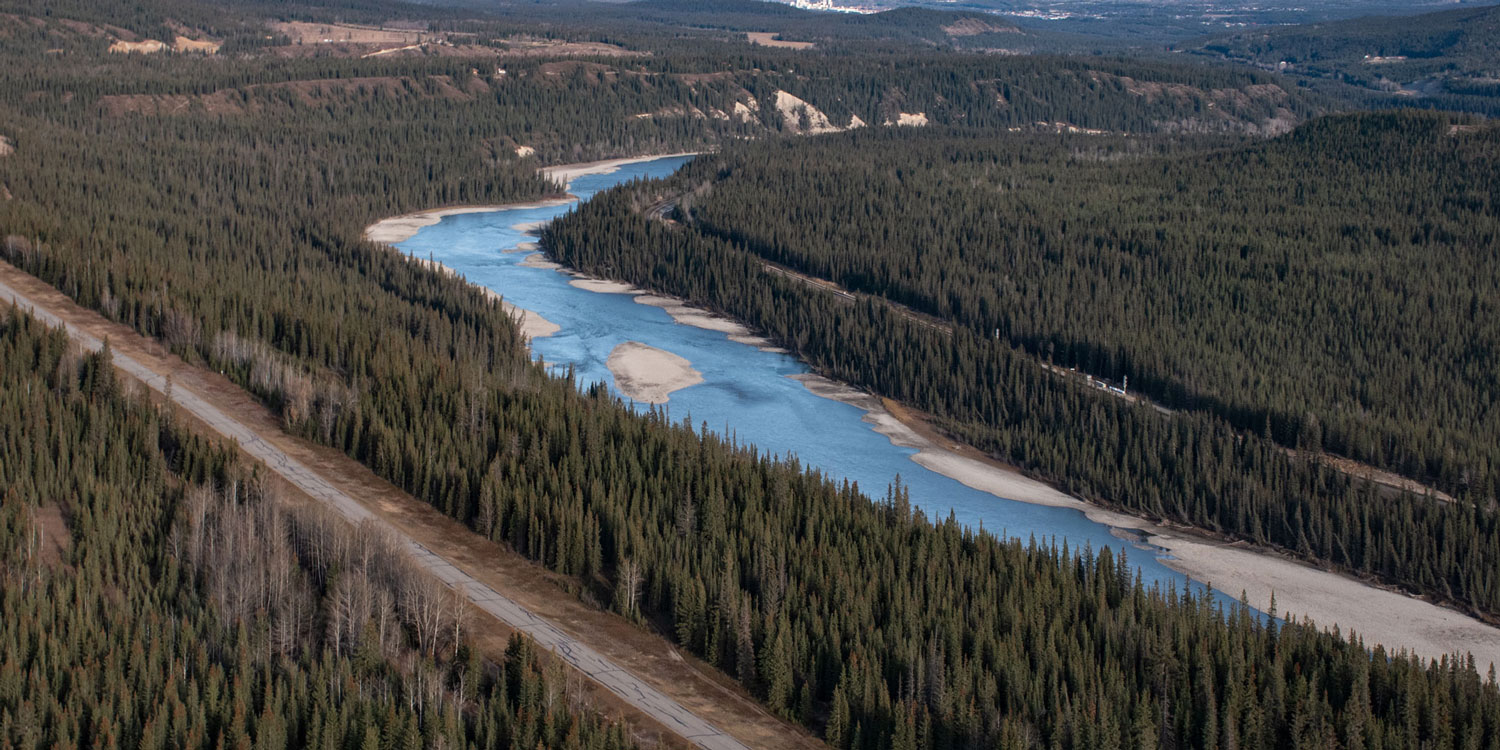
Abstract
The Utikuma Region Study Area (URSA) was initiated to develop spatially explicit modelling tools to predict the cumulative impacts of land use and natural disturbance on the Boreal Plains (BP) ecozone of the Western Boreal Forest. Research comprised several multi-year projects, spanning wet and dry climate periods that combined intensive detailed process studies at seven watersheds with extensive long-term ecohydrological and hydrogeological studies conducted across a 60-km transect representing the range of glaciated landforms characteristic of the sub-humid boreal forest in Alberta. These studies have improved our conceptual understanding and capacity to numerically model how climate and geology influence water and energy flow, and the hydrologic linkages and natural variability of the key processes influencing BP ecosystems. Eco-hydrogeological frameworks have been developed for designing, conducting, interpreting, and extrapolating research results for watershed management and construction across the Boreal Plain ecozone.
Read the full article here.
Citation
The Forestry Chronicle, 2016, 92(1): 57-61, 10.5558/tfc2016-017

